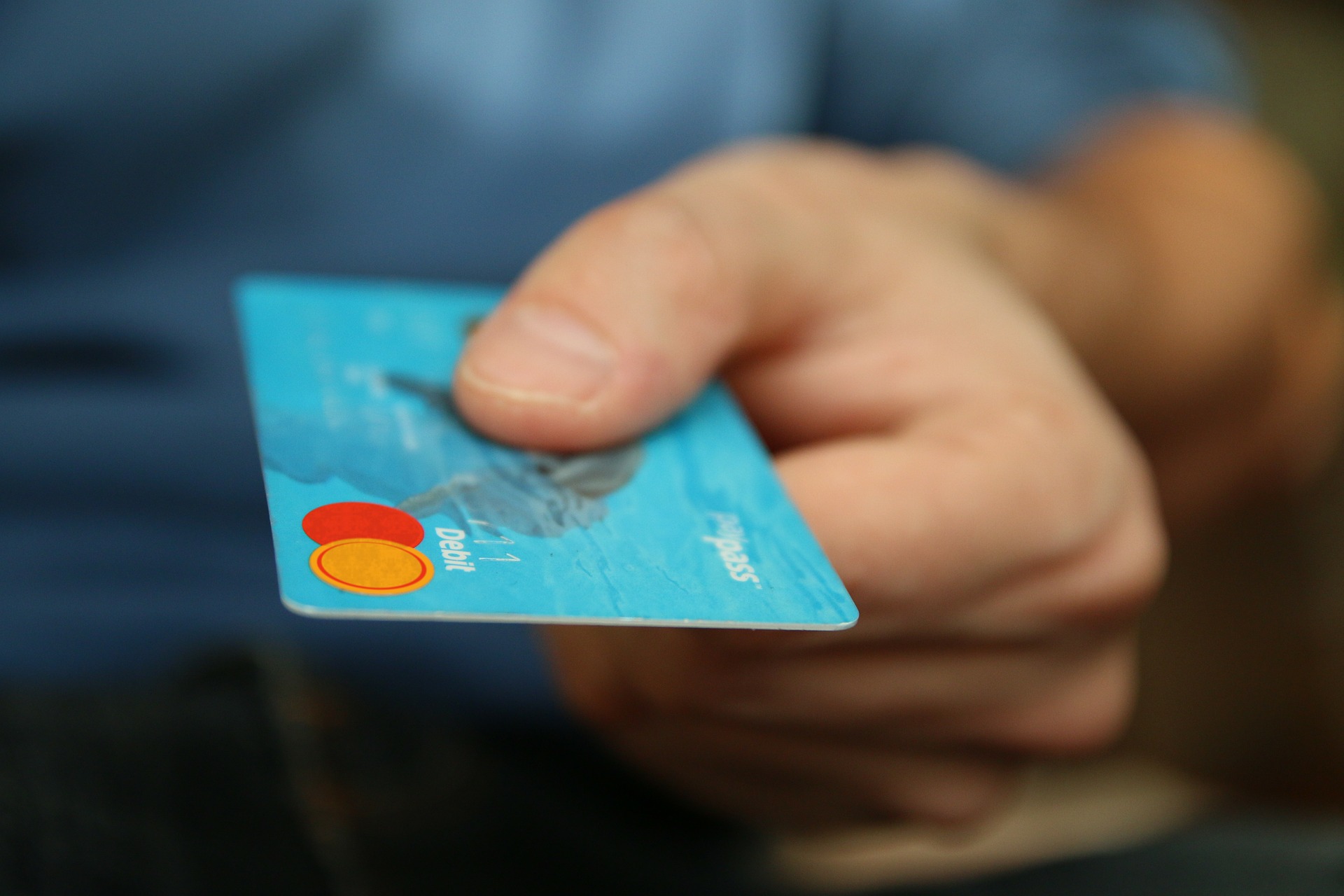We all know that freelance writers run the risk of falling victim to fraud. While there are a lot of legitimate freelance writing jobs with trustworthy companies and individual clients, there are also many scammers out there.
As freelance writers, it is part of our duty to practice due diligence in order to avoid being victims of fraud. However, there are times when, in spite of being careful, we still get scammed. Daniel A. Perlman, a criminal lawyer, advises that in these cases, freelance writers should seek redress in court. There are different factors which come into play in order to win such cases, so you may want to seek legal counsel to get the best results.
It is better to be ultra careful when taking on jobs. Before you reach the stage of having to file a lawsuit, why not identify red flags so that you can stay away from shady job ads?
Here are some tips to avoid freelance writing job frauds.
Watch out for clients who avoid contracts at all costs.
While there are certain situations when you may take on work without a contract (although this is really risky for you), when taking on new clients, make sure you have a written agreement. Essential elements to include in the contract:
- Pay rate
- Number of revisions
- Scope of work
If a new client comes across as defensive when it comes to a contract, then it may be best to decline the job.
Here are more tips on writing freelance writing contracts.
Avoid paid job databases.
Aside from FWJ, there are other job databases where you can find freelance writing gigs. Companies also post their own job openings on their websites. There really is no reason to pay to look at a job board. The chances are that your money will just be wasted.
Be wary of clients who ask for unpaid samples.
Not all clients who ask for unpaid samples are scammers, but you’ve heard of horror stories about writers who don’t get hired after sending samples in and then seeing their content used elsewhere.
What you can do is tell the client that you have a lot of published samples and that you can send those as proof of the quality of your work. Alternatively, you can ask to be paid for the samples, even if it’s not the normal rate. If this doesn’t work out, you can also ask around freelance writing communities about the company or person.
Stay away from “unpaid for the first x articles, then get paid after that” setups.
This is similar to clients asking for unpaid samples. Usually, the reason given by the client is to have a trial period to determine if you are a fit. While that makes sense, the trial period should be paid, and you should ask for that. If the client does not agree, then you’re better off finding another gig.
Have you ever been scammed as a freelance writer? What happened? Did you go after them in court?
Share your stories with us so that we can learn from them.


Leave a Reply